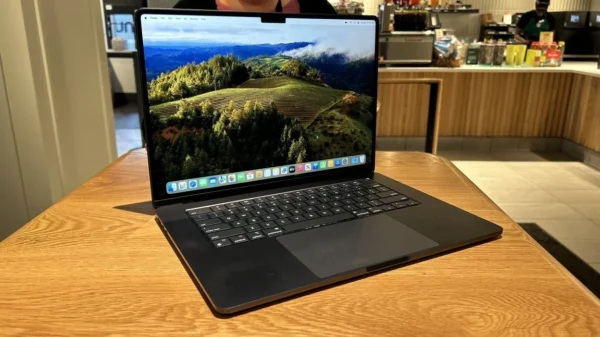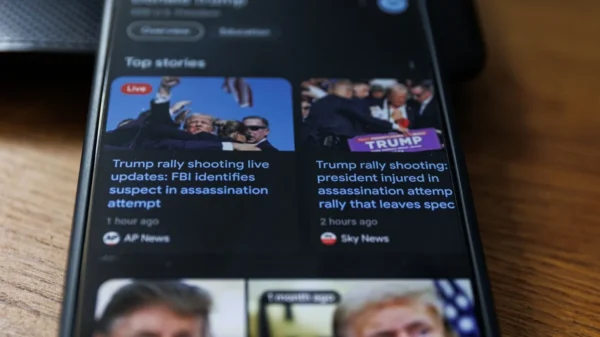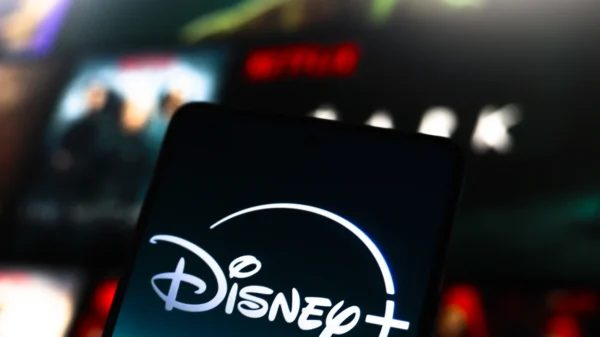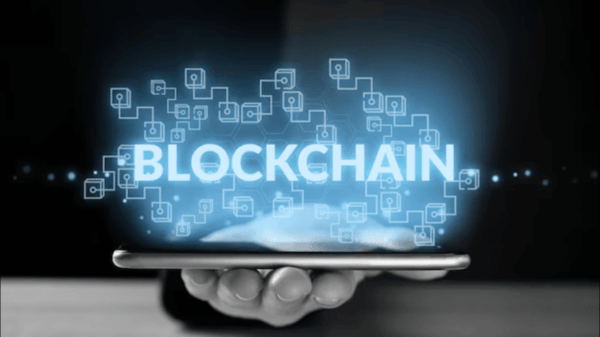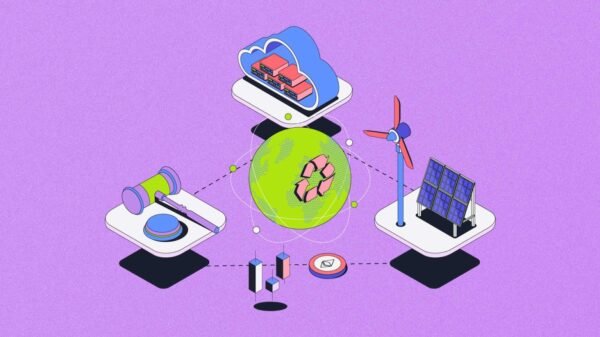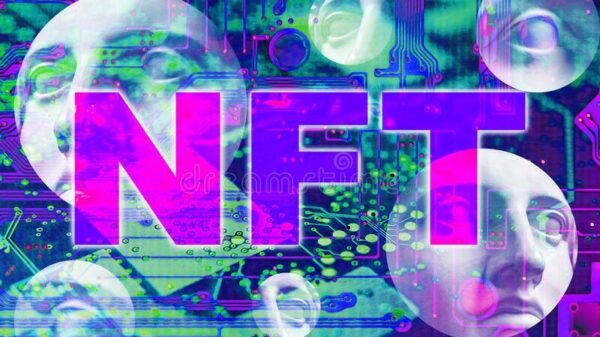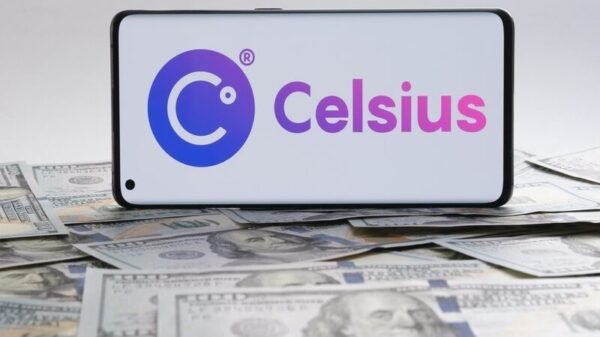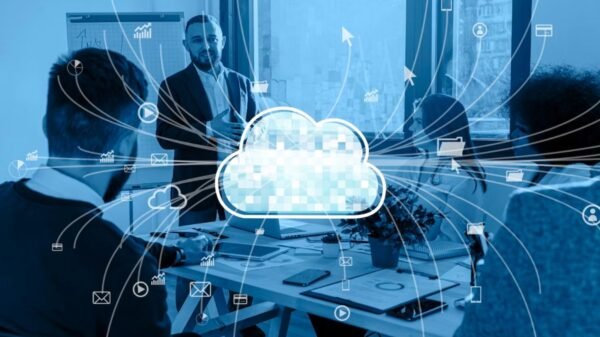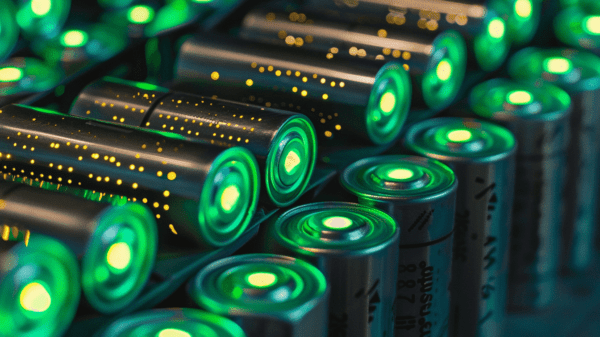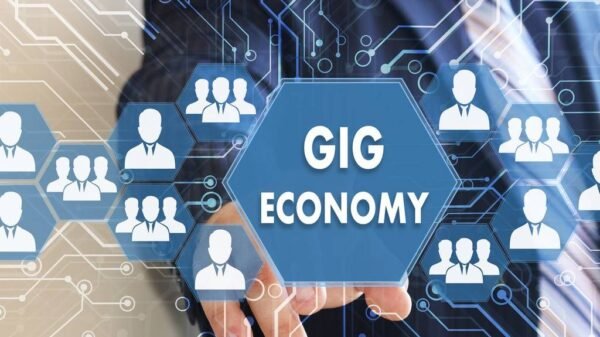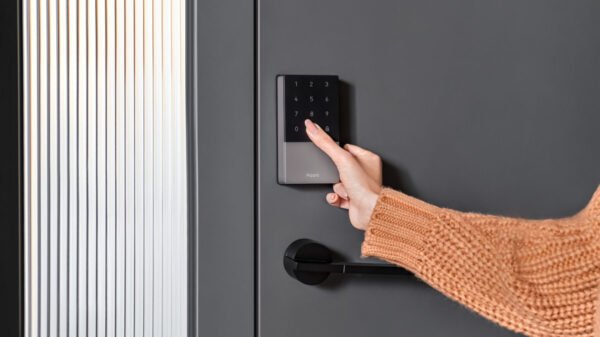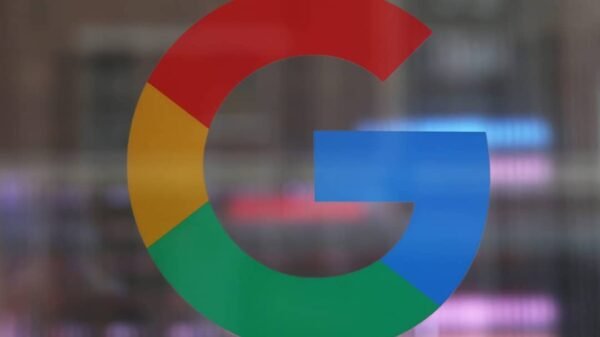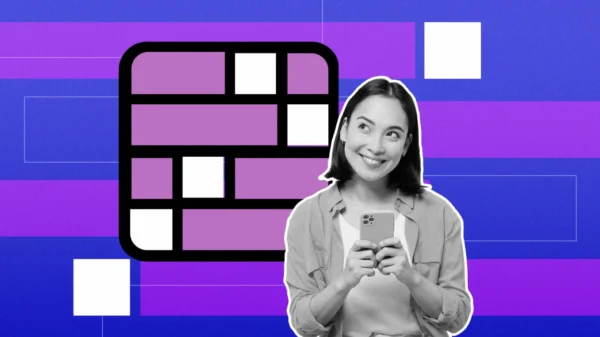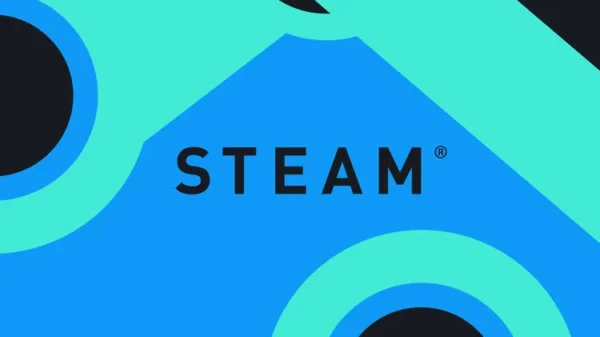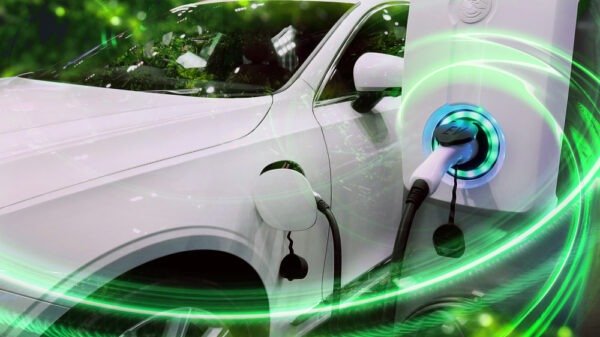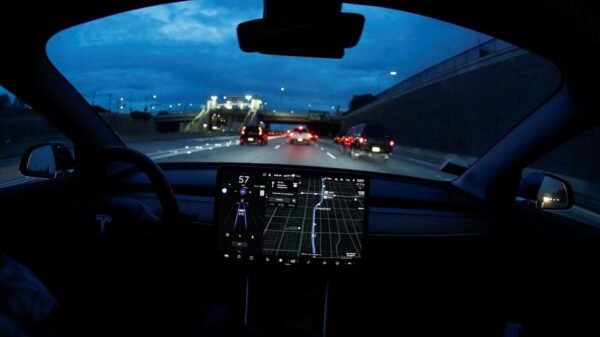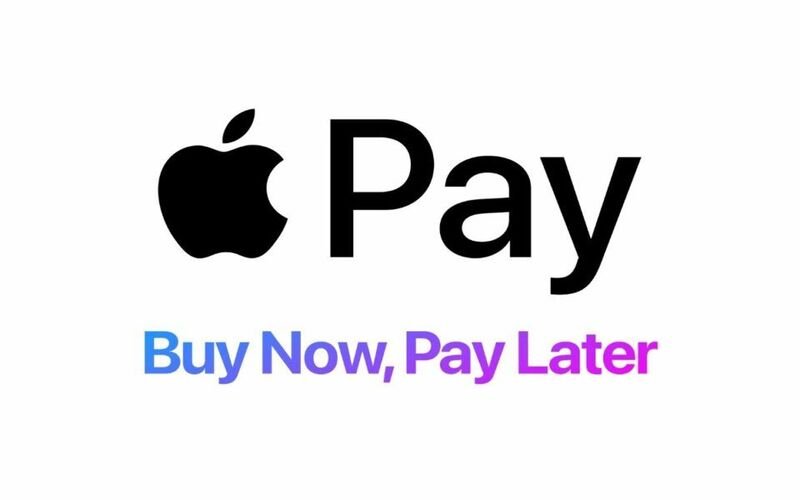Apple Pay Later, the company’s version of the buy now, pay later (BNPL) business, is now officially available. Users will be able to apply for Pay Later loans between $50 and $1,000 via the program, and they will be able to return those loans in four equal payments over six weeks with no interest or fees.
You can avoid immediately paying the full price for a product by using Apple Pay Later, a feature of the Apple Wallet. The service has been developing for a while; Apple initially revealed it at WWDC last year. Although it was intended to debut with iOS 16, Bloomberg’s Mark Gurman claimed in September that the release had been delayed due to “technical and engineering concerns.”
Apple claims that users can apply for loans through the Apple Wallet “without it having any effect on their credit.” Still, the company also warns in the fine print that the Pay Later loan and payment history “may be reported to credit bureaus and damage their credit.” Users will begin to see the Pay Later option at checkout in applications and online on the iPhone and iPad once their loan has been approved. According to Apple, users can view and manage their loans within the Wallet app and will be notified when payments are due.
But not everyone can use the service right now. Apple claims that invitations for early access to Apple Pay Later will be sent to “randomly selected” users. In addition, for online and in-app purchases on iOS 16.4 and iPadOS 16.4, the service is only accessible in the United States.
In 2019, Apple and Goldman Sachs released a credit card together, but this BNPL offering is the first time Apple manages the financial side of things independently. According to Apple, a new entity called Apple Finance LLC is in charge of managing the Pay Later program and “is responsible for credit evaluation and lending.” Although “Goldman Sachs is the issuer of the Mastercard payment credentials,” the corporation did collaborate with the BNPL program Mastercard Installments to enable Apple Pay Later. According to the firm, Apple Finance LLC will start reporting Pay Later loans to US credit bureaus in the fall.
BNPL systems, like Klarna, Afterpay, and Affirm, have come under fire for possibly endangering users, despite Apple’s emphasis on “financial health.” As BNPL is “engineered to encourage consumers to purchase more and borrow more,” the Consumer Financial Protection Bureau (CFPB) “identified several areas of risk of consumer harm” last year, including inconsistent consumer protections, a high prevalence of data harvesting, and a risk of debt accumulation. In 2021, the CFPB launched an investigation against several BNPL firms, which still determines how they may affect consumers.

